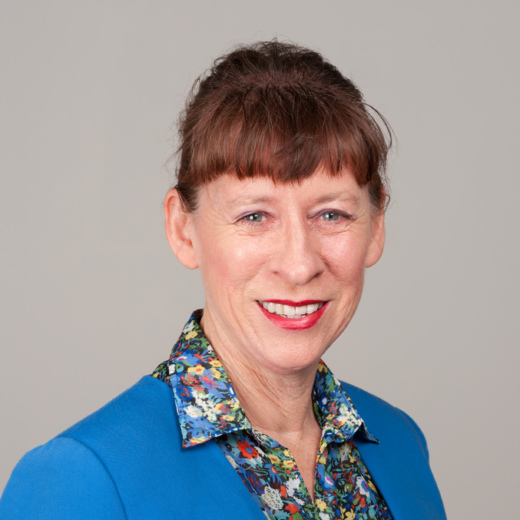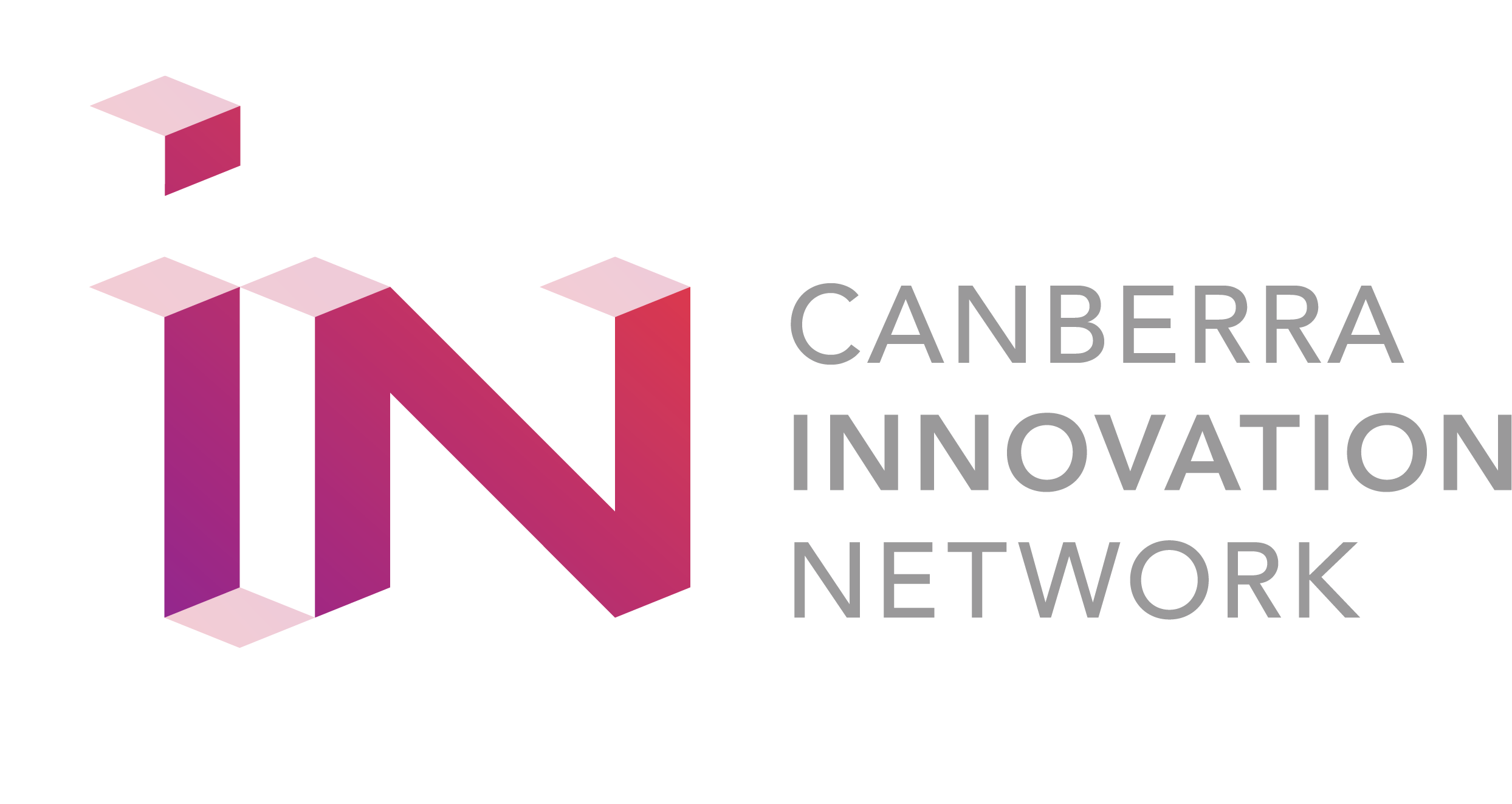
Each Wednesday we interview women in our community about innovation and what drives them to make a difference in their industries everyday!
What are you working on?
I am preparing to mentor one or more companies in the 2018 GRIFFIN Accelerator. I am continuing my role as a non-executive director with a former GRIFFIN company, Enabled Employment, to guide its development and expansion and to help it succeed in its objective to enable inclusive recruitment and provide returns to its investors.
As Chair of the Canberra Business Chamber Innovation Taskforce I am leading a project with ANU’s TechLauncher program and local tourism companies to develop a demonstration Canberra Tourism Dashboard (as a follow on from wider work in open data in 2017), and a separate initiative to build competence by small to medium enterprises in cybersecurity.
Why is innovation important to you?
I have always been interested in science and technology and I became interested while working with CSIRO about how new technologies became products and actually made a difference to communities, economies and the natural environment.
What drives you to make a difference?
In a decade with CSIRO I saw lots of examples of great technologies that never made it to market, and also some really interesting technologies that did make it and created enormous change (WiFi being just one of them). I realised that the invention was not enough – innovation was what drove economic change and successful change needed money, know how, networks, and knowledge of the market and how to sell things. I am fascinated by how people and organisations make decisions and how companies need to work hard to influence regulators and others to enable change.
I also have a deep-seated interest in building economic capacity in Australia so that we do not always rely on inventions/products from overseas, and in building capacity so our small companies can be successful.
Do you have any advice for getting more women into the innovation ecosystem?
University courses for scientists still lack sufficient options for teaching people how to run a business . There are some courses on “entrepreneurship” which assume you want to start your own business, but scientists need to know how to protect their IP even if they are not considering doing this. They need to know how their science can fit into business development, so they can work successfully with companies as advisors or doing research as part of a collaborative or contract arrangement.
Women need to join and be active in professional associations relevant to their own career, in order to understand the wider issues facing their industry and profession and to get noticed. They need to be tenacious in getting credit for what they do in these organisations.

